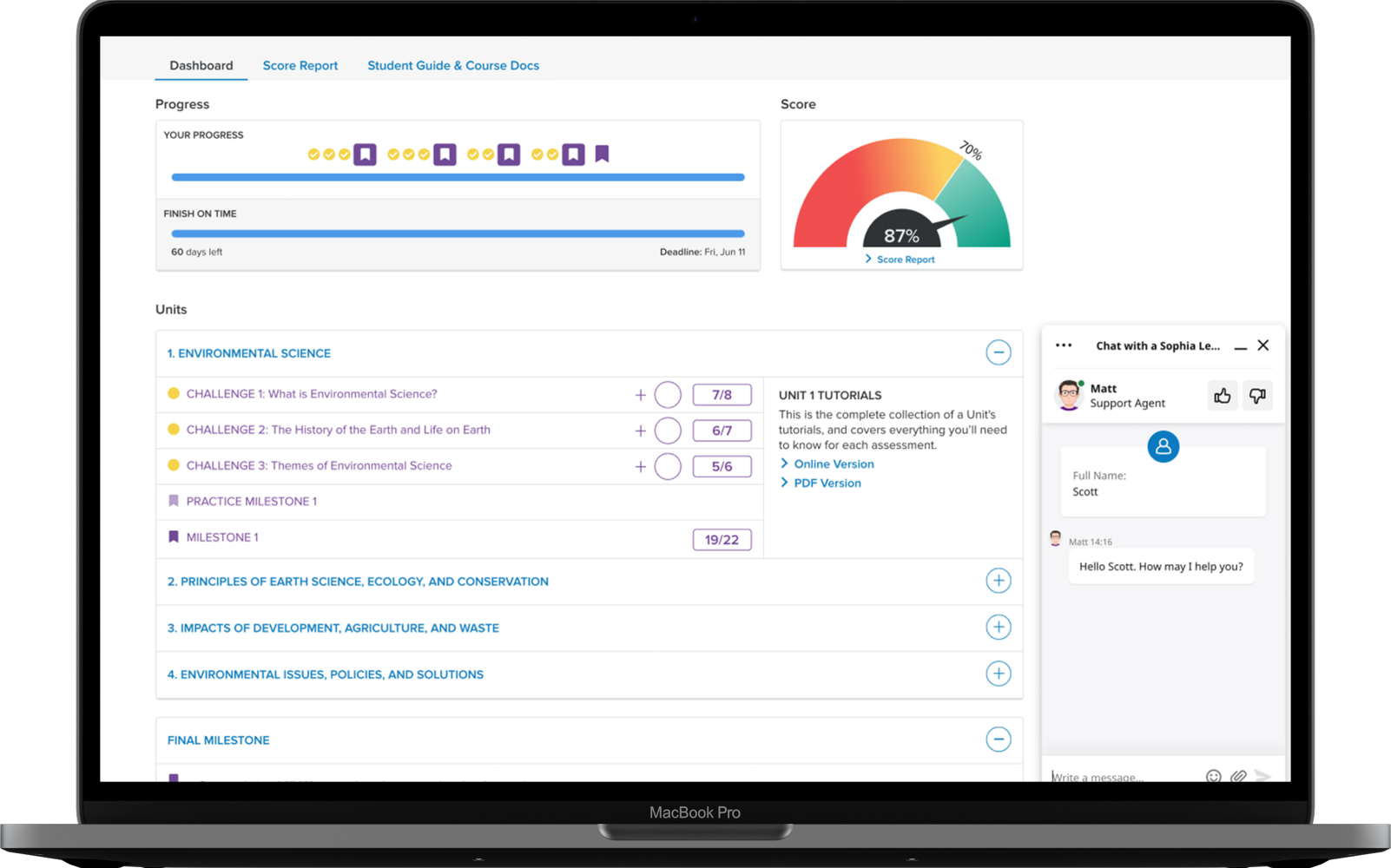Sophia General Education Overview

The concept of Sophia, or wisdom, has been a cornerstone of human pursuit since ancient times. In the realm of general education, Sophia embodies the ideal of cultivating a well-rounded, enlightened individual capable of navigating the complexities of the world with intellectual curiosity, moral integrity, and a deep understanding of the human experience. This overview delves into the essence of Sophia in general education, exploring its historical roots, philosophical underpinnings, and the practical implications for modern educational systems.
Historical Evolution of Sophia in Education
The pursuit of Sophia has its roots in ancient civilizations, where wisdom was often associated with divine inspiration or the pinnacle of human achievement. In ancient Greece, philosophers such as Socrates, Plato, and Aristotle sought to define and attain wisdom through dialectics, metaphysics, and ethics. The Greek concept of “paideia” encapsulated the idea of educating the whole person—body, mind, and spirit—toward the attainment of wisdom and virtuous character.
The evolution of Sophia in education continued through the Middle Ages, where the trivium (grammar, logic, and rhetoric) and quadrivium (arithmetic, geometry, astronomy, and music) formed the basis of a liberal arts education aimed at cultivating wise and knowledgeable individuals. The Renaissance and Enlightenment periods further emphasized the role of reason, individualism, and scientific inquiry in the pursuit of wisdom.
Philosophical Underpinnings
At its core, Sophia in general education is founded on several key philosophical principles:
- Holism: The idea that education should aim to develop the whole person, encompassing intellectual, moral, physical, and spiritual dimensions.
- Humanism: An emphasis on the value and agency of human beings, with education focusing on the development of human potential and the promotion of human dignity.
- Critical Thinking: The ability to analyze information, evaluate evidence, and form reasoned judgments, which is central to the pursuit of wisdom.
- Moral and Ethical Development: Education should guide individuals in developing a strong moral compass and ethical decision-making skills, essential for wise and responsible living.
Practical Implications for Modern Education
Incorporating the concept of Sophia into modern educational systems requires a multifaceted approach:
- Interdisciplinary Learning: Encouraging students to explore connections across different subjects to foster a holistic understanding of the world.
- Critical Thinking and Problem-Solving: Introducing pedagogies that challenge students to think critically, solve complex problems, and make informed decisions.
- Character Education: Incorporating programs and practices that promote moral and ethical development, empathy, and social responsibility.
- Personalized Learning: Recognizing the unique potential and interests of each student, and tailoring educational experiences to support their individual growth toward wisdom.
- Community Engagement: Fostering partnerships between educational institutions and their broader communities to provide students with real-world learning opportunities and a sense of social responsibility.
Challenges and Opportunities
While the integration of Sophia into general education presents numerous benefits, it also faces challenges such as:
- Curriculum Reform: The need to revise educational curricula to prioritize depth over breadth, and to incorporate more interdisciplinary and project-based learning.
- Teacher Preparation: Ensuring that educators are equipped with the skills and knowledge necessary to teach in a manner that cultivates wisdom and holistic development in their students.
- Assessment and Evaluation: Developing assessment tools that can adequately measure the attainment of wisdom and holistic competencies, beyond traditional metrics of academic achievement.
Despite these challenges, the pursuit of Sophia in general education offers a powerful framework for creating a more enlightened, compassionate, and responsible society. By embracing the historical, philosophical, and practical dimensions of wisdom, educational systems can empower future generations with the knowledge, skills, and character necessary to navigate the complexities of the modern world with wisdom.
Conclusion
The concept of Sophia serves as a beacon for educational reform and innovation, guiding us toward a vision of learning that is holistic, humanistic, and empowering. As we move forward in an increasingly complex and interconnected world, the pursuit of wisdom through general education becomes not only a desirable goal but a pressing necessity. By weaving the threads of Sophia into the fabric of our educational systems, we can cultivate a new generation of leaders, thinkers, and citizens who are equipped to meet the challenges of tomorrow with wisdom, compassion, and integrity.
Embracing Sophia in general education is a call to reimagine the purpose and practice of learning in the 21st century. It invites educators, policymakers, and learners themselves to prioritize the cultivation of wisdom, character, and human potential, alongside academic achievement. This integrated approach to education holds the promise of nurturing well-rounded, thoughtful, and engaged individuals who can contribute to the betterment of society and the world at large.
FAQs
What is the significance of Sophia in the context of general education?
+Sophia, or wisdom, represents the ultimate goal of education—to cultivate wise, knowledgeable, and virtuous individuals. It embodies a holistic approach to learning that integrates intellectual, moral, physical, and spiritual development.
How can educators incorporate the concept of Sophia into their teaching practices?
+By adopting interdisciplinary approaches, fostering critical thinking and problem-solving, incorporating character education, and promoting personalized and community-engaged learning experiences.
What are the potential challenges in integrating Sophia into modern educational systems?
+Challenges include curriculum reform, teacher preparation, and the development of appropriate assessment tools that can measure holistic competencies and wisdom beyond traditional academic metrics.
